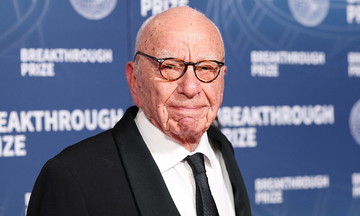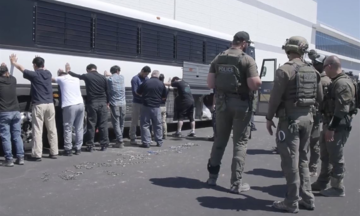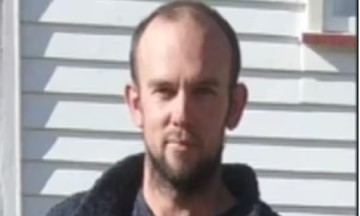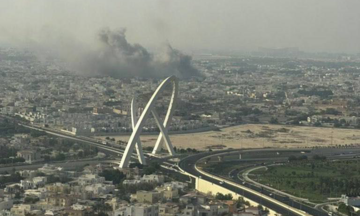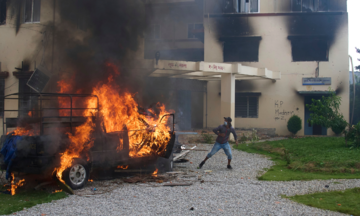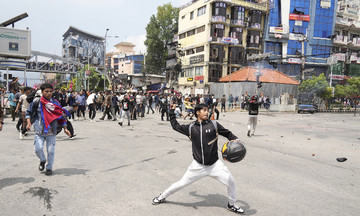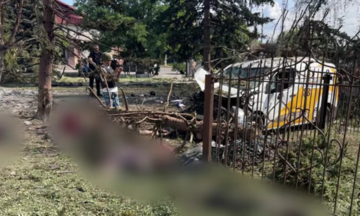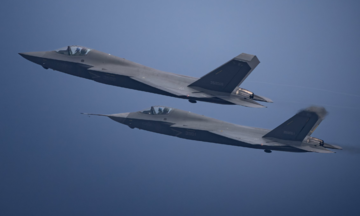"We are not betting on conflict, nor do we want it," Venezuelan foreign minister Yvan Gil said in an interview with CNN on 9/9, commenting on the current tensions between Caracas and Washington.
Gil emphasized Venezuela's readiness to address any threats, but also ruled out the possibility of military escalation with the US or any other country in the region.
"We reject the possibility of conflict because we are fully prepared to deter any mobilization of forces to the region, as well as demonstrate our determination to defend our homeland," he said.
The Venezuelan foreign minister believes it is premature to discuss the prospect of establishing a military alliance in the region in the event of escalating tensions. He noted that the Community of Latin American and Caribbean States (CELAC) has also expressed deep concern about the increased military activity in the region, urging all parties to respect the "zone of peace" established in 2014.
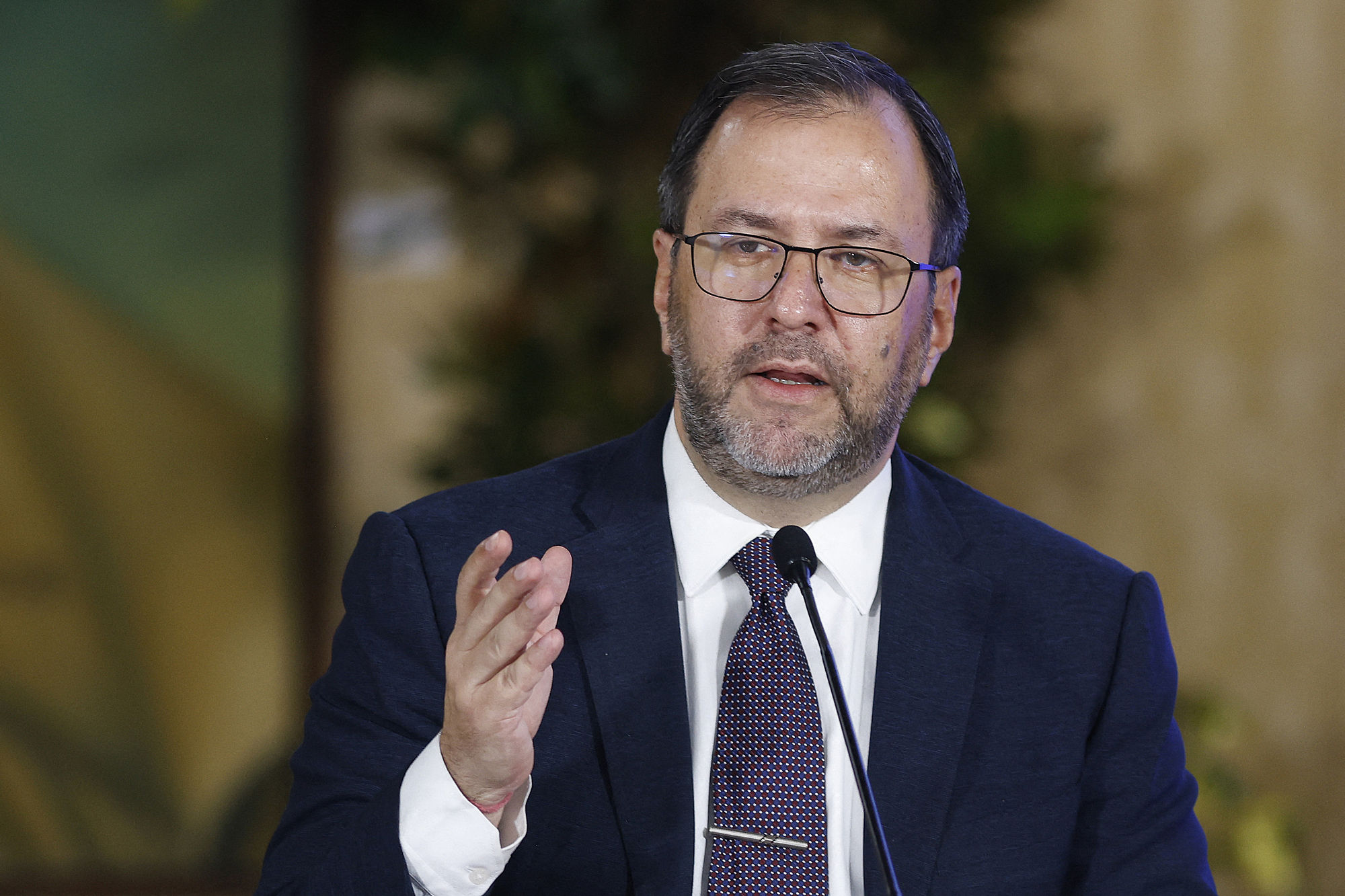 |
Venezuelan foreign minister Yvan Gil speaks in Caracas on 23/6. Photo: AFP |
Venezuelan foreign minister Yvan Gil speaks in Caracas on 23/6. Photo: AFP
The foreign minister's statement comes amid strained US-Venezuela relations due to the US deployment of amphibious assault ships, destroyers, a nuclear submarine, and thousands of troops to the Caribbean to counter the threat from Latin American drug cartels.
On 2/9, the US military detonated a speedboat in the Caribbean Sea, describing it as a vessel carrying drugs from Venezuela. US officials have also repeatedly accused the Venezuelan government of having links to the Tren de Aragua criminal gang, although Caracas has repeatedly asserted that the organization was dismantled in 2023.
US foreign minister Marco Rubio warned that US forces will continue to detonate suspected drug-carrying vessels instead of intercepting them, calling it an effective deterrent.
The Venezuelan foreign minister expressed skepticism about the authenticity of the video of the "drug-carrying speedboat" explosion released by the US on 2/9. He noted that the US has yet to clarify the location, the identity of those on board, or the veracity of the event.
Gil also rejected US accusations that President Maduro has ties to criminal organizations. He argued that this information is a "political ploy to pressure Caracas", while in reality, the Venezuelan government has deployed over 25,000 security personnel to the Colombian border to combat drug trafficking.
"It seems a fabricated story is being circulated among people around US President Donald Trump, trying to link us to drug trafficking," Gil said.
 |
Locations of Venezuela and the US. Graphic: BBC |
Locations of Venezuela and the US. Graphic: BBC
The Venezuelan foreign minister emphasized that the only solution for the two countries' relationship must be political and through dialogue. He reiterated President Maduro's message that the communication channel with Washington, "although damaged, remains open".
"After they send eight warships to try to break a boulder, they will have to ask themselves if it was worth it. We will never give up but will continue to exist, continue to run the country, build, and live happily," he said.
President Maduro stated on 1/9 that the US military buildup near Venezuelan territory is the "biggest threat" to his country in the past 100 years and accused Washington of seeking "regime change". He urged Washington to abandon this plan and respect the sovereignty, peace, and independence of Venezuela and other Latin American countries.
He declared that his country is ready for armed struggle to defend its national territory and ordered the mobilization of regular troops and reserve forces. "If attacked, Venezuela will immediately enter a period of resistance," Maduro said.
Thanh Danh (CNN, AFP)



